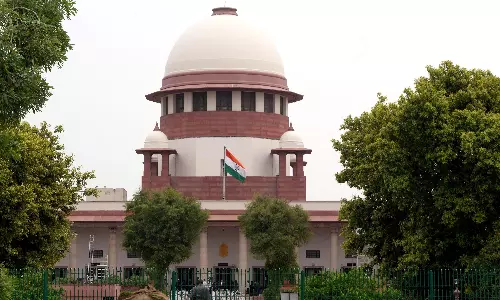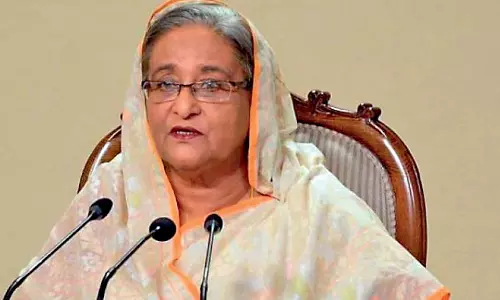Democracy back in Lanka
As observers, India as well as the United States could only tender well-meaning advice as these were strictly internal affairs of a sovereign nation.

The resignation of Mahinda Rajapaksa as Prime Minister of Sri Lanka was a step long overdue. The restoration of democracy was all too important and the Supreme Court ruled decisively in favour of the parliamentary majority as proved by former PM Ranil Wickremesinghe. President Maithripala Sirisena had been taking his island nation dangerously close to becoming a banana republic in his refusal to heed the will of Parliament. His manoeuvring of former President Rajapaksa into the PM’s seat by dismissing Mr Wickremesinghe was a vile act against the spirit and letter of the Constitution. Had Mr Sirisena carried on oblivious of the court rulings, Sri Lanka would have lost all vestige of pride as an early democracy in the South Asia region. For close to two months the nation’s governance lay paralysed as the court would not allow Mr Rajapaksa to function as PM, but all the credit is due to the court for upholding the Constitution.
The only bizarre explanation the President could have given for the sensational changes he made in governance on October 26 was that the popular vote in the February local government polls was overwhelmingly in favour of the power-monger Rajapaksa, his party’s share of the vote being bigger than those of the other two parties combined. In illegally calling for national elections on the basis of perceived popularity of a permanent contender for power, the President may have been induced by a foreign power too. As observers, India as well as the United States could only tender well-meaning advice as these were strictly internal affairs of a sovereign nation. If there is a swing in favour of Mr Rajapaksa, who has now moved away from the party his father founded, he must prove it in national elections properly called. The President could also not legally deny Mr Wickremesinghe the benefit of the confidence of duly elected Parliament that he enjoys. Personal animus cannot determine who will be PM.



